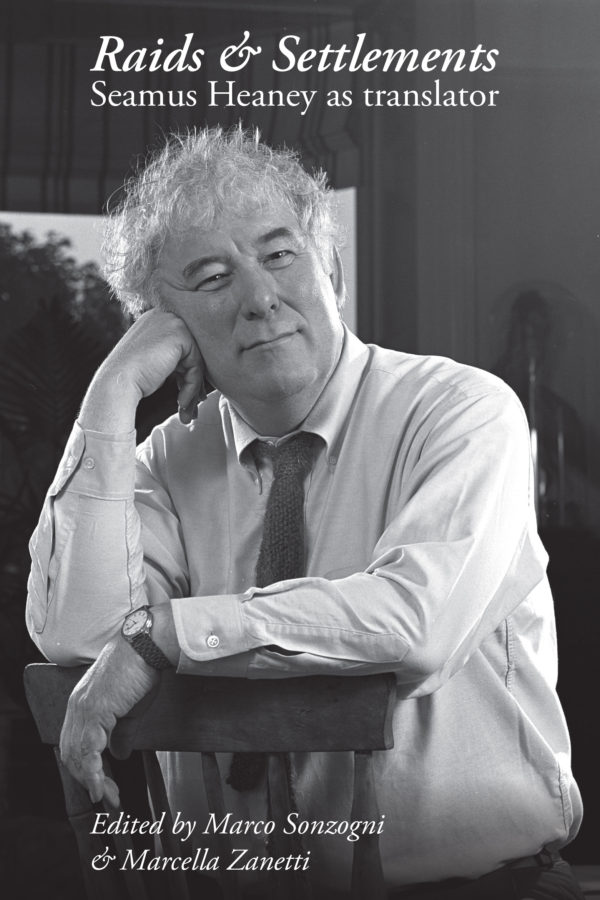About the book
Seamus Heaney (1939–2013) was one of the most loved, read, studied and translated writers of our time. In 1995 he was awarded the Nobel Prize in Literature for ‘works of lyrical beauty and ethical depth, which exalt everyday miracles and the living past’. In 1999 his version of the Old English poem Beowulf received the Whitbread Book Award for Best Book of Poems and Best Book of the Year.
“Heaney openly stated that he did not have a theory of translation but a metaphor for it ‘based upon the Viking relationship with the island of Ireland and the island of Britain’. ‘There was a historical period known as the Raids,’ he explained, ‘and then there was a period known as the Settlements.’ Similarly, Heaney chose to ‘raid’ or ‘settle’ another author’s work depending on the ‘writerly motive’ drawing him to that particular text and driving his response to it.”
— From the editors’ note
This collection of essays is the first comprehensive discussion of Heaney as translator. The authors have approached their contribution from different perspectives but are united by their fascination or preoccupation with the works of one of the greatest poets and poet-translators in the English language. This interdisciplinary combination of individual expertise and shared interest was essential to offer a holistic appreciation of Heaney’s translations from fifteen languages, literatures and cultures.
From my Russian Chapter:
On the story of one visit
Olga Suvorova and Stuart Prior
Why have I come to Russia? The main reason is that in the
realm of literature Russia for me has had very great personal
significance.
—– Seamus Heaney live on air for the radio station
Moscow Echo, June 2003
In the middle of the baking summer of 2003 the Irish poet and winner of a Nobel Prize for Literature, Seamus Heaney, went to Russia. The arrival of the renowned poet and translator coincided with the first Russian-language publication of his book of verse ‘Singing School’ (in Russian: ‘School of Singing. Poetry 1996–2002’) by the ‘Rudomino’ publishing house, with parallel English text, with translations and commentaries by Kistyakovsky, Kruzhkov and Livergant, and also with some speeches by Seamus Heaney, including his 1995 Nobel speech. “I spent one of the most astonishing weeks of my life
in Russia, in the two great cities of Moscow and St Petersburg. This was an unforgettable week which it would be very tempting to repeat at some stage. It reminded me of ‘Travesties’ one of Tom Stoppard’s plays.
The main hero, the artist Tristan Tzara, meets James Joyce in Zurich and a man called Lenin. Another character in this play is an English official, perhaps even a diplomat. The last words in the play belong to this English official, Henry Carr (played by John Wood in the original British Royal Shakespeare company production in June 1974). He says: ‘I learned three things in Zurich during the war. I wrote them down. Firstly, you’re either a revolutionary or you’re not; and if you’re not you might as well be an artist as anything else. Secondly, if you can’t be an artist, you might as well be a revolutionary… I forget the third thing.’ During this week in Russia I understood three things: if you can’t be an Irish diplomat, then be a Russian writer, if you can’t be a Russian writer be an Irish diplomat, if you can’t be one or the other – drink vodka’, This was how the Irish classicist summed up his trip to Russia at an Embassy meeting arranged by the Irish Ambassador to Russia Mr James Sharkey, whom Heaney had known since childhood.


Reviews
There are no reviews yet.